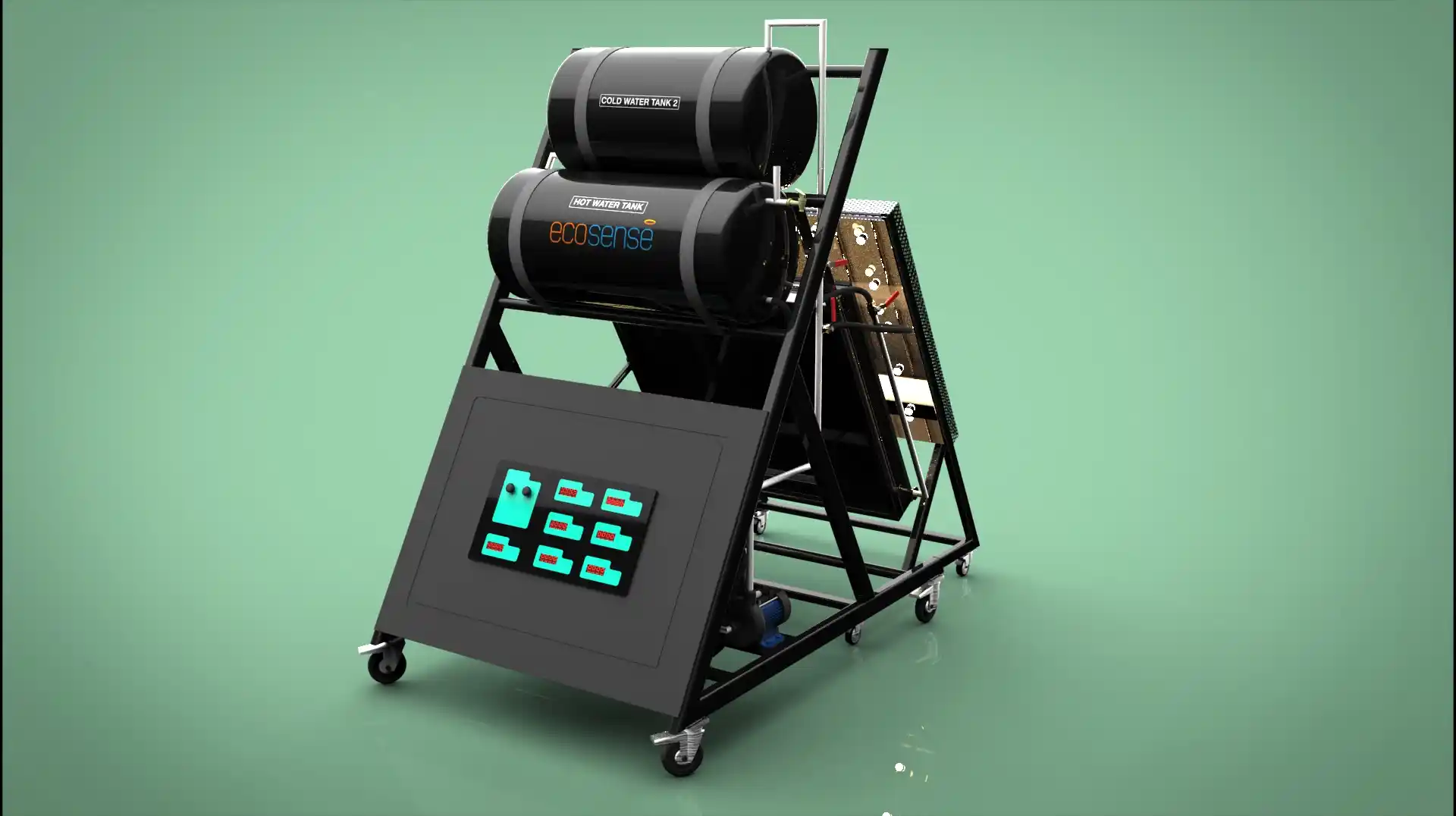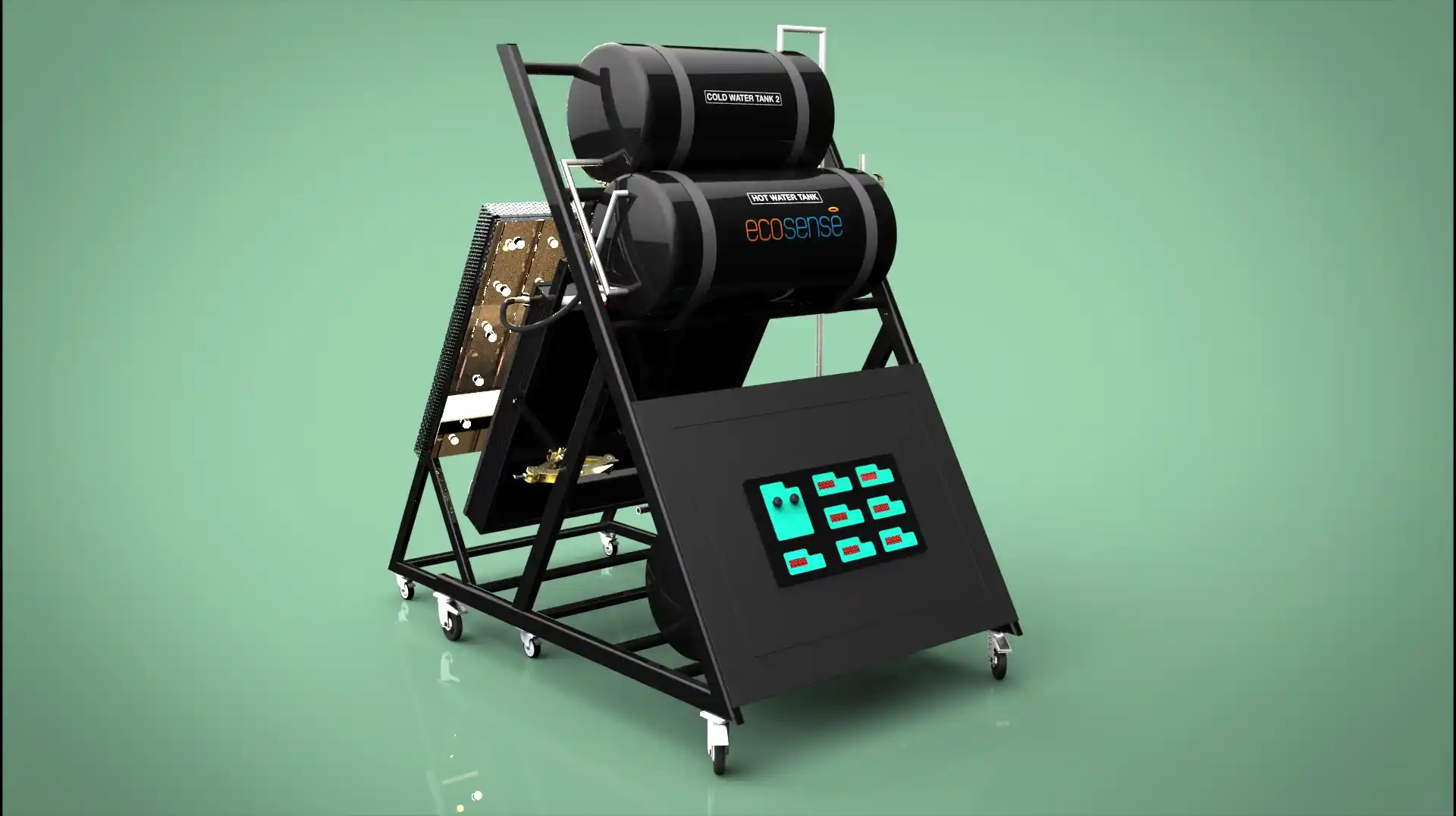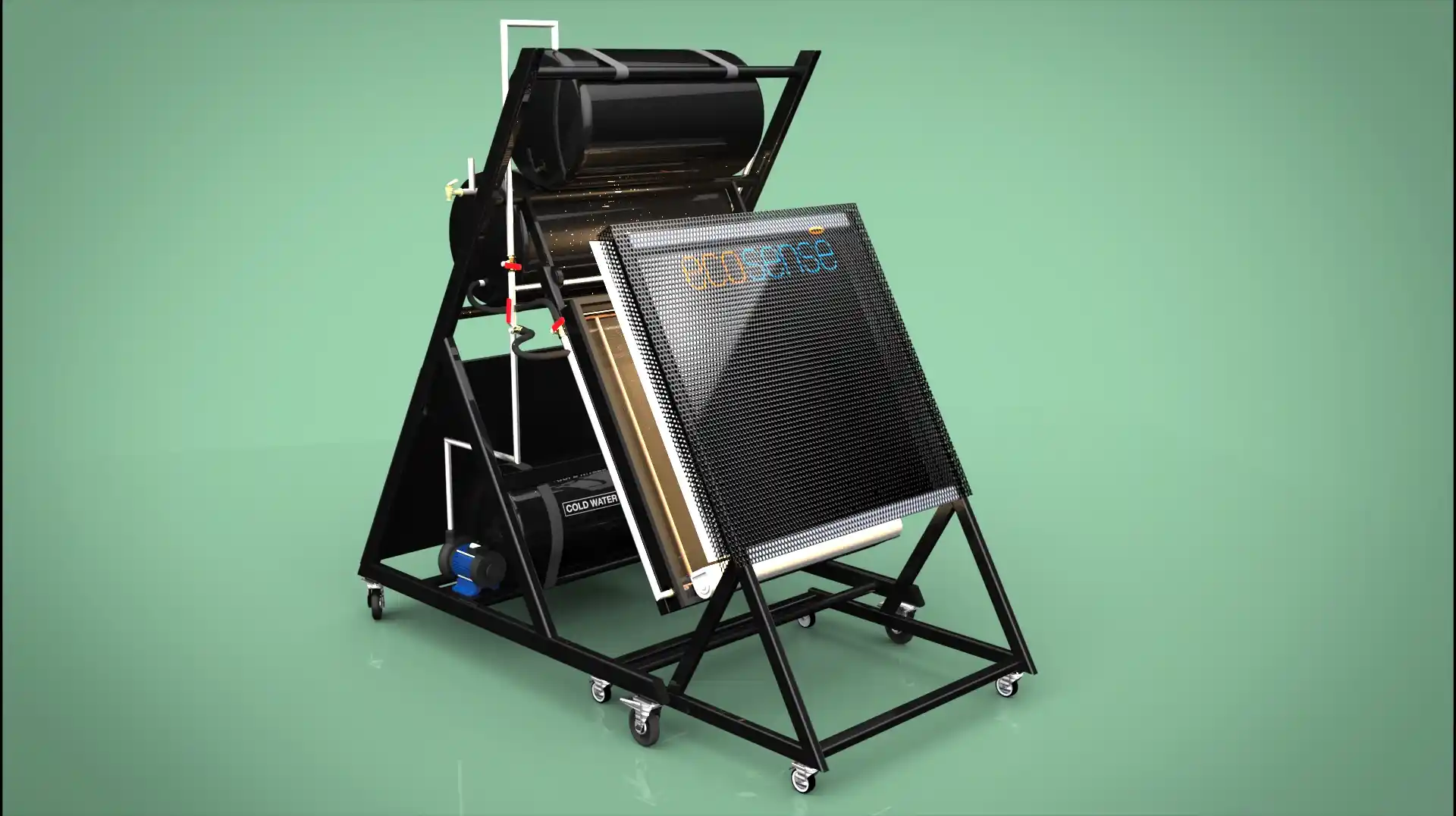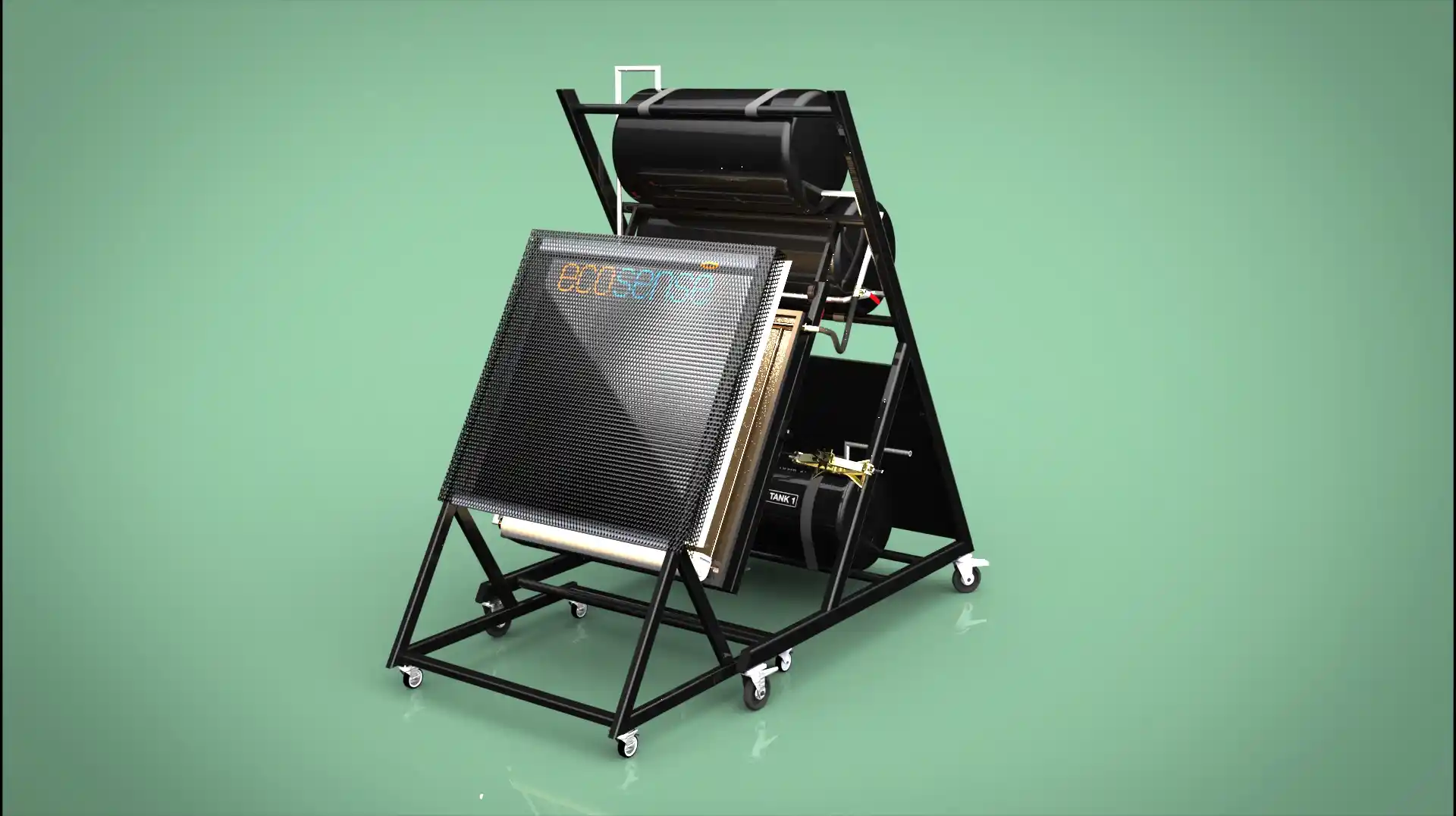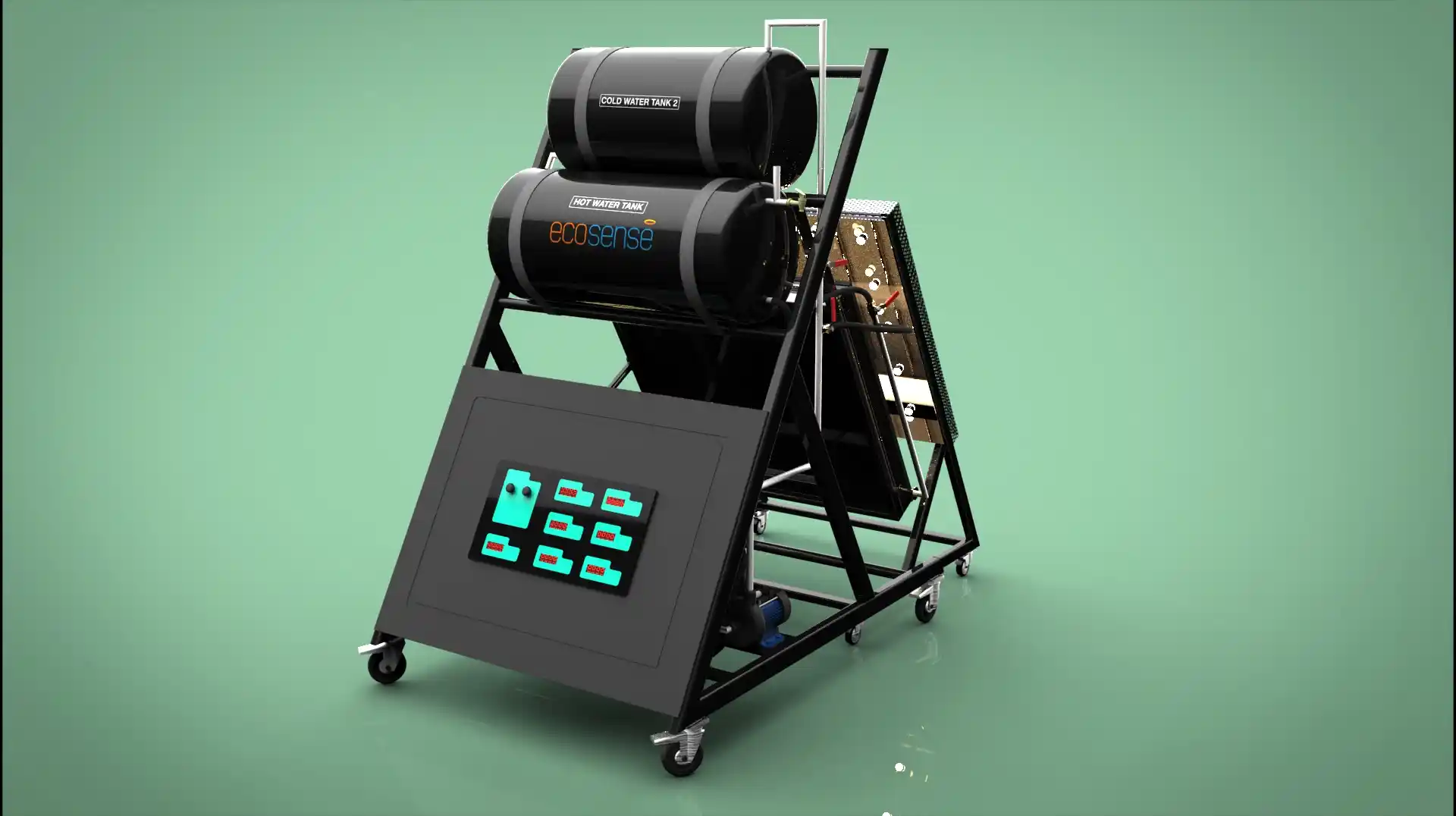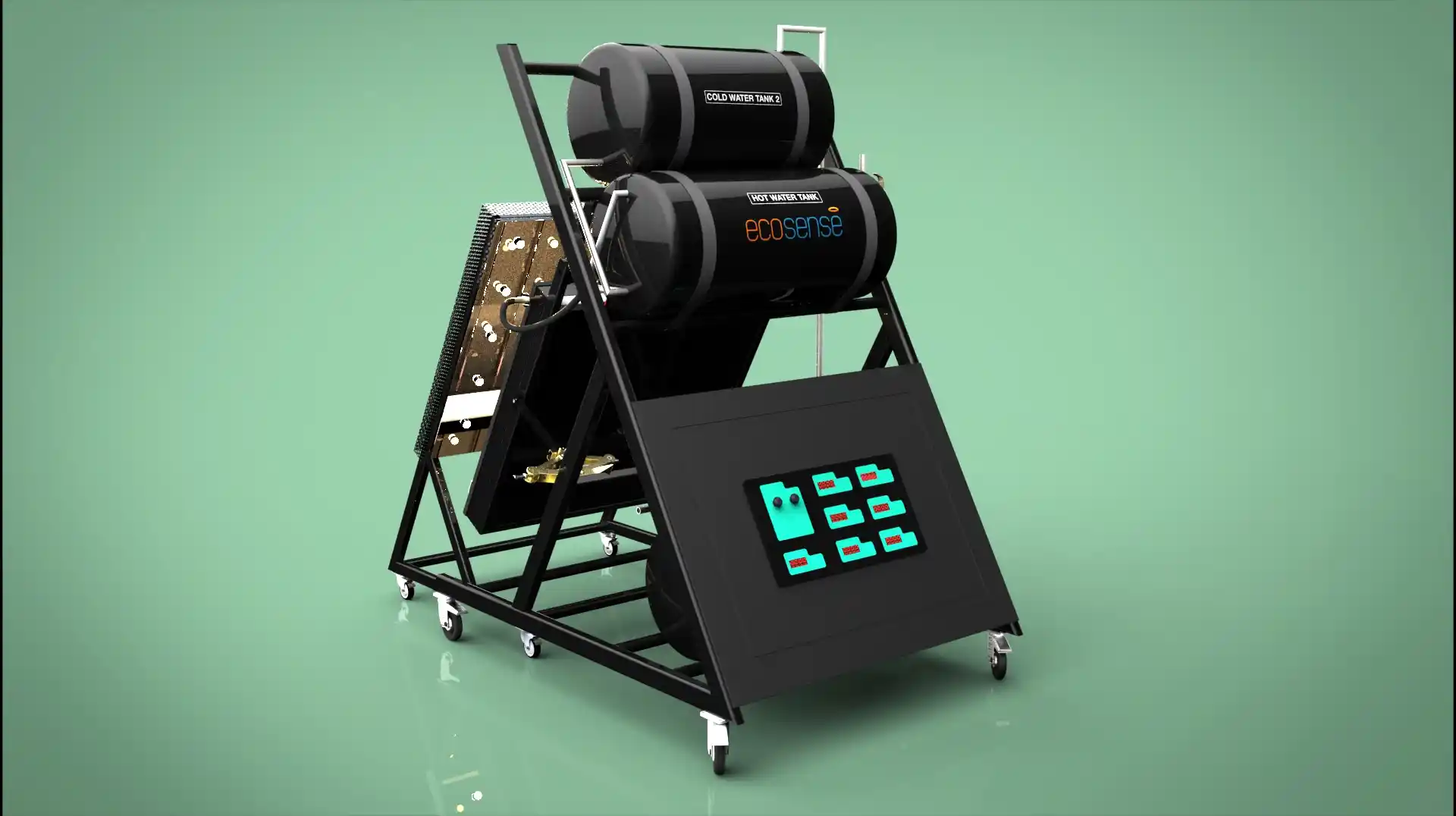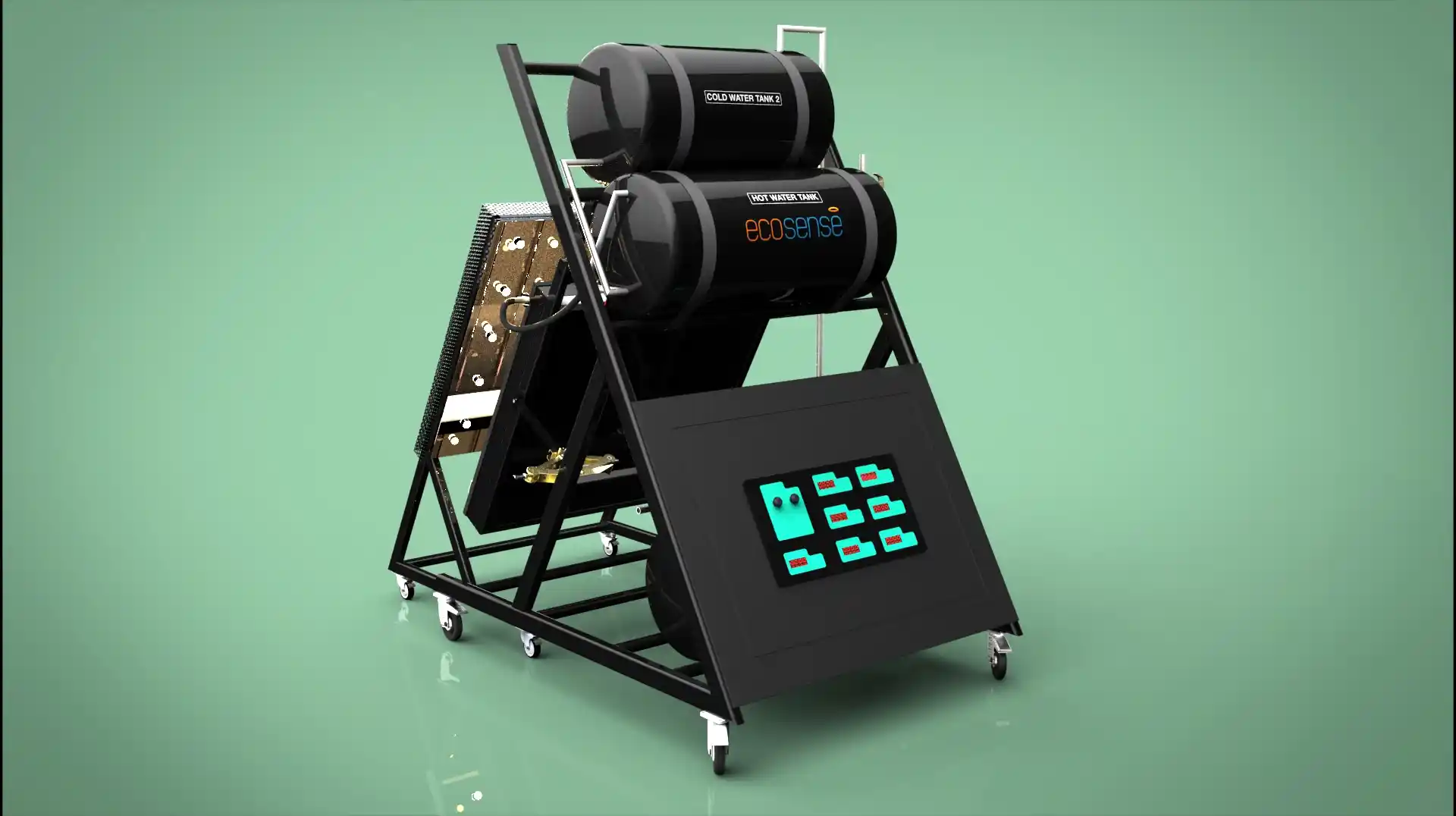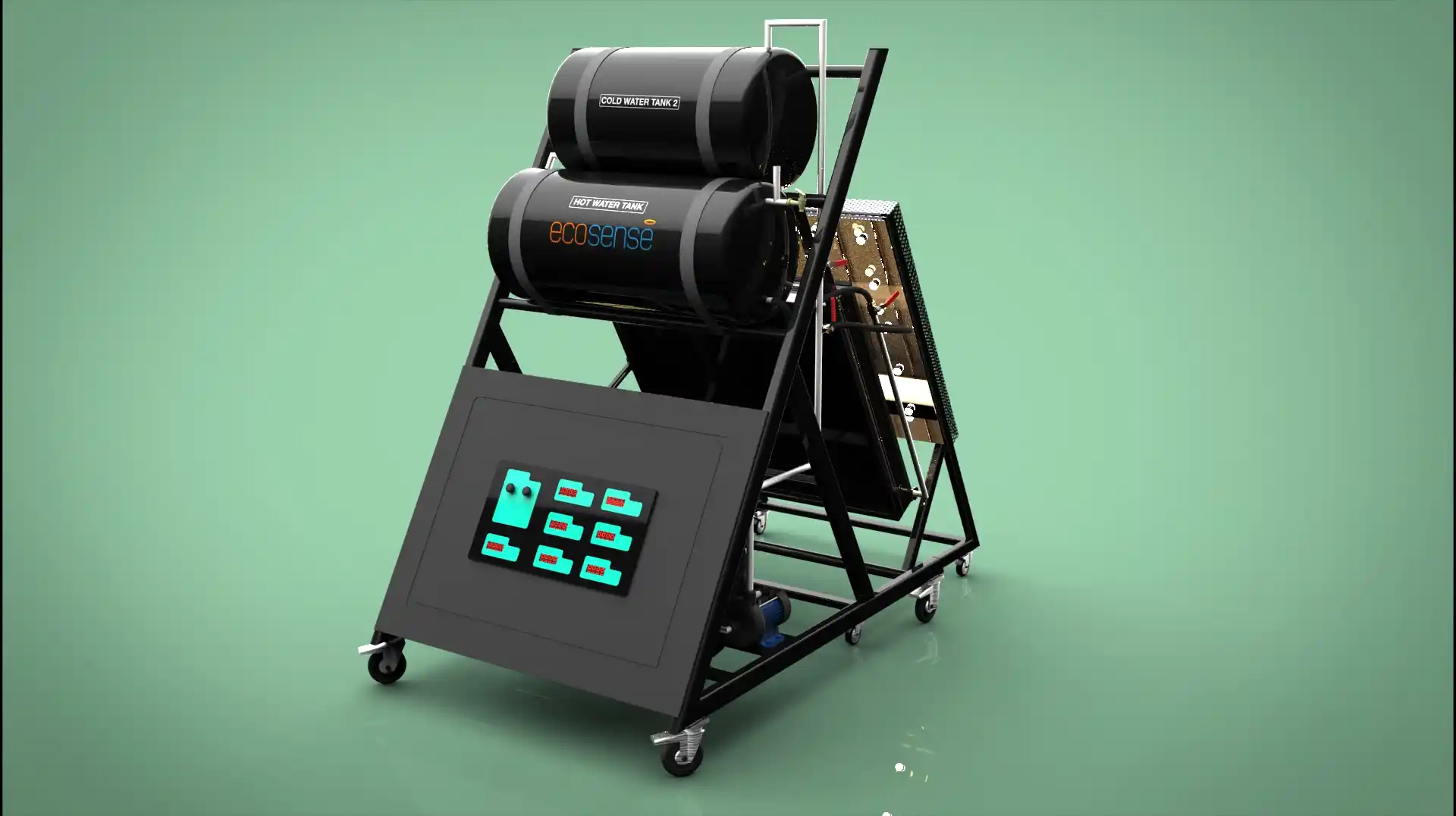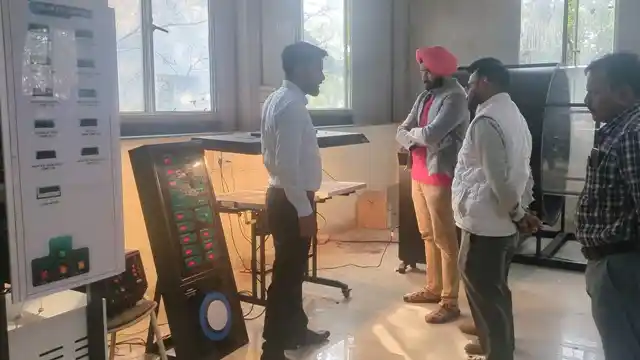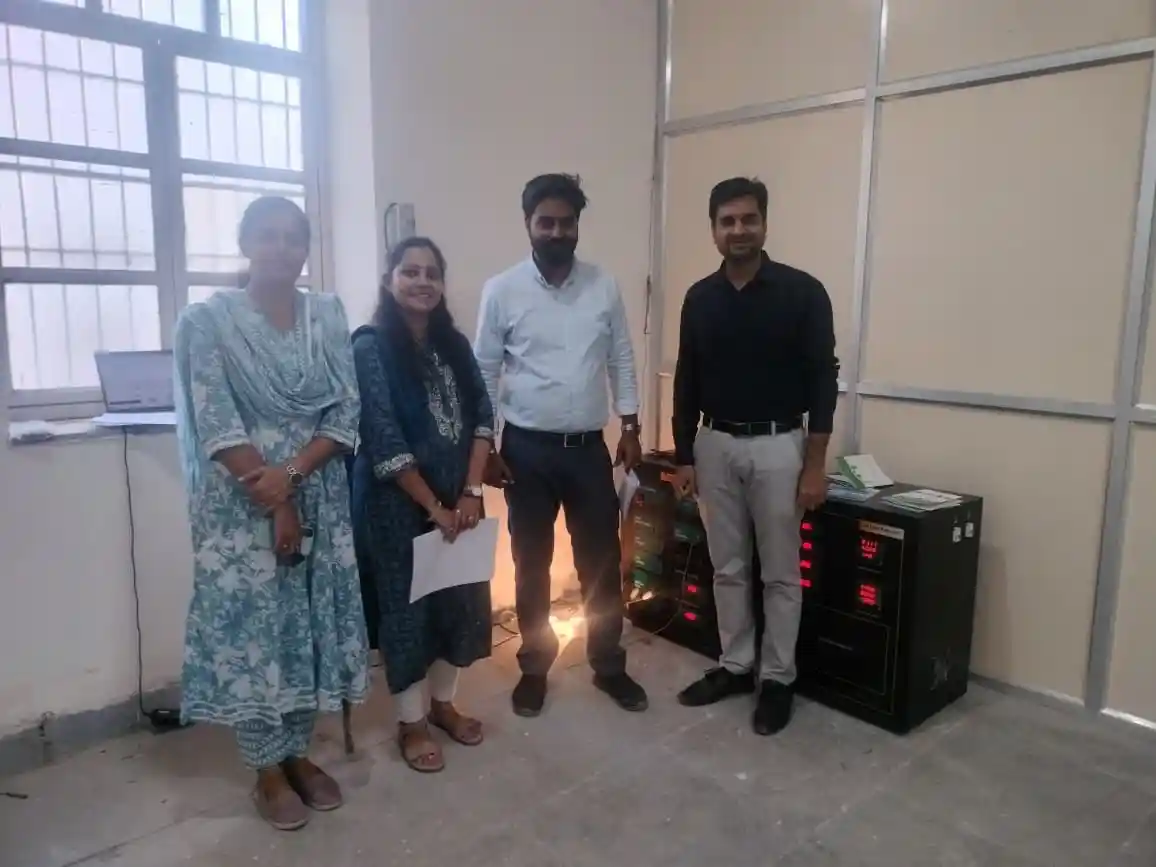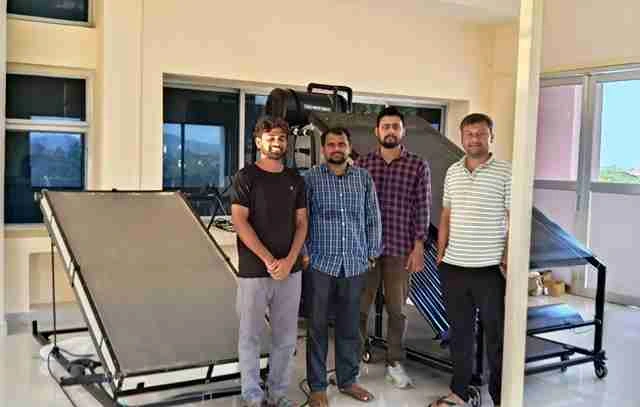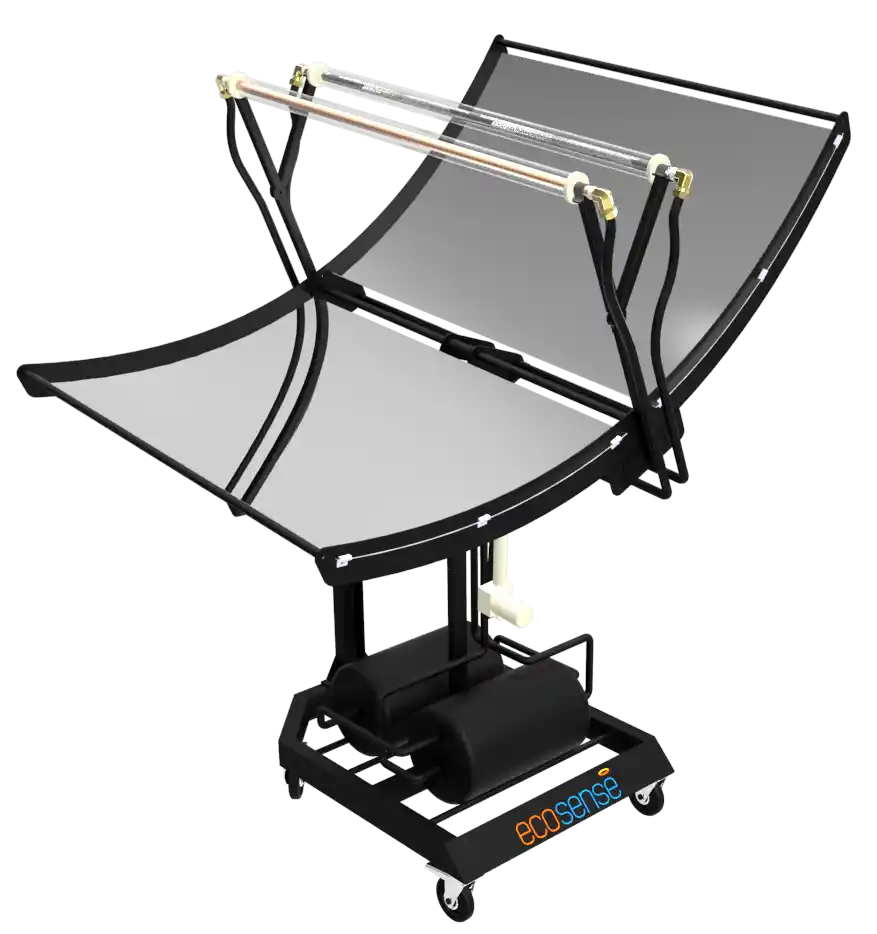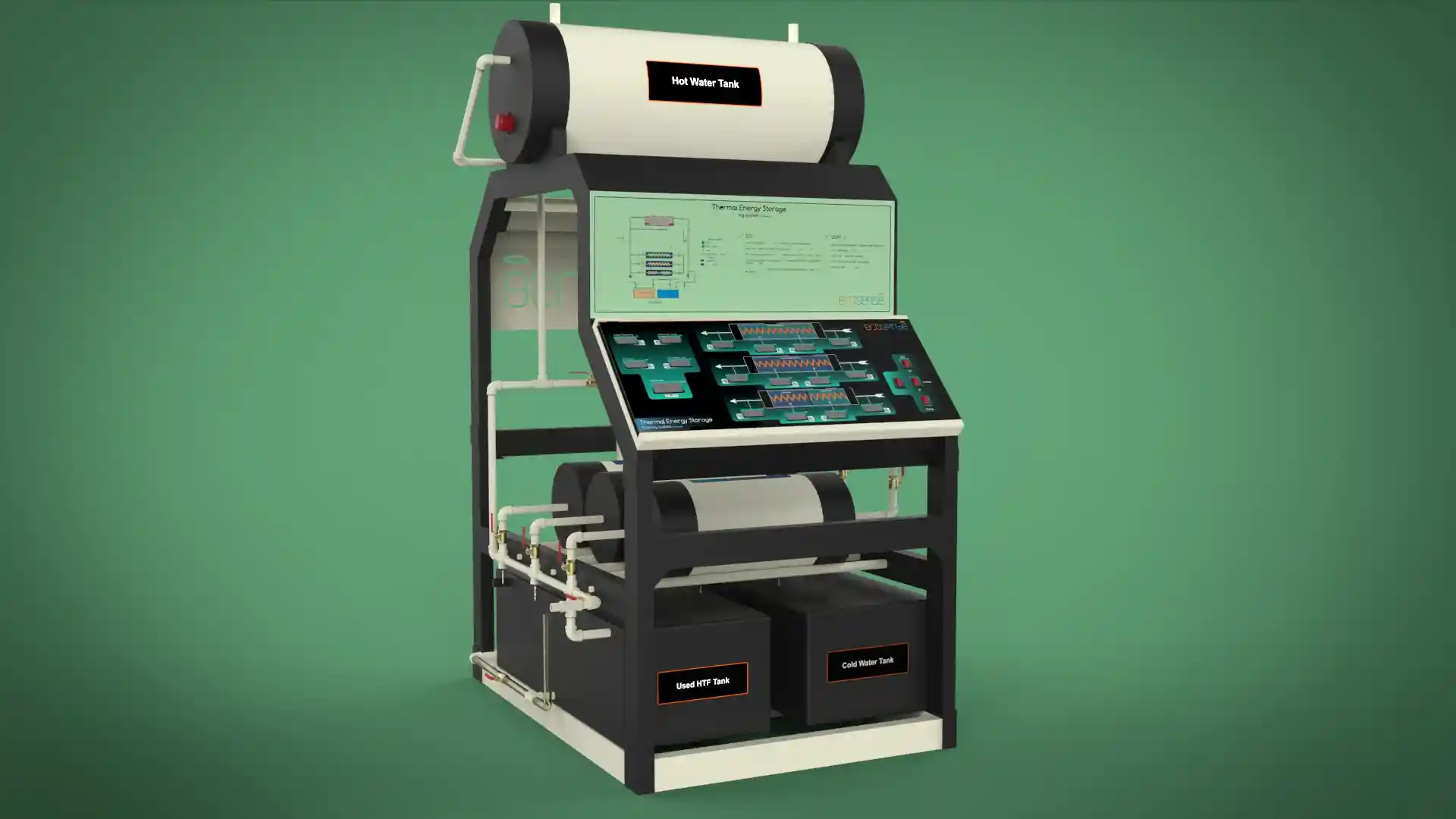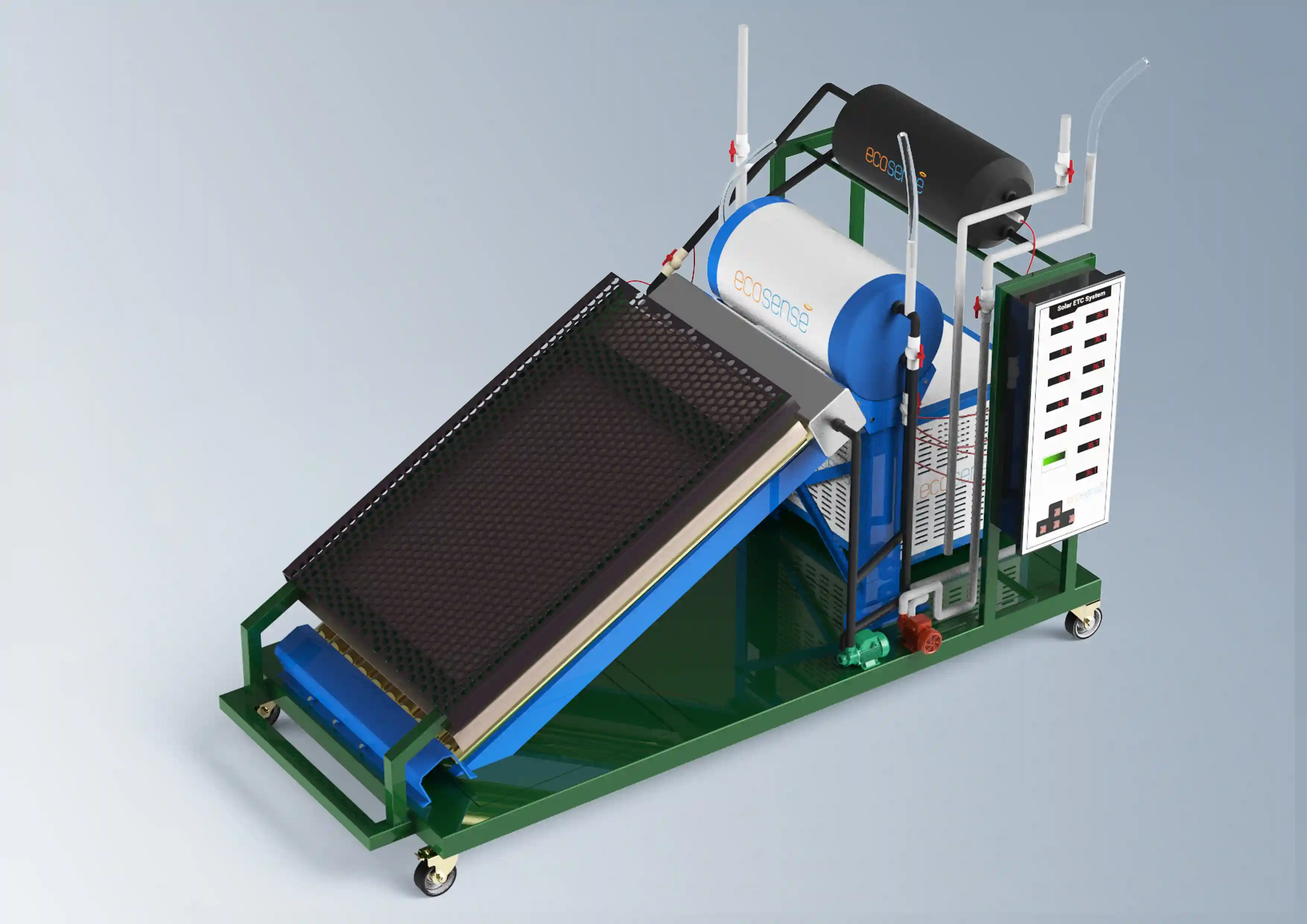Solar Thermal Training System
The Solar Thermal Training System is a compact, modular platform designed to replicate real-world flat plate solar water heating systems. Engineered for both educational and research applications, it facilitates hands-on experimentation with key thermal performance parameters such as efficiency, overall heat loss coefficient (UL), and heat removal factor (FR). The system's adaptability allows users to conduct experiments under varying conditions, including different wind speeds, fluid temperatures, flow rates, and irradiation levels, making it an invaluable tool for comprehensive thermal analysis.

